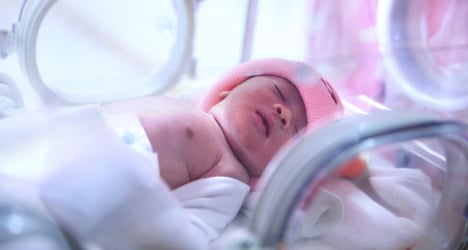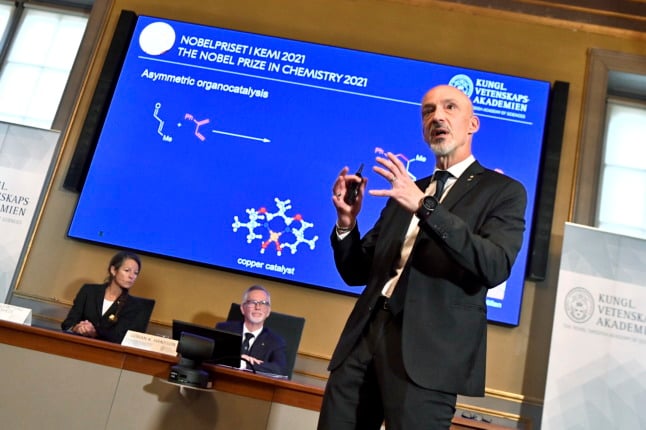The 36-year-old pregnant woman was pronounced clinically dead after being rushed to hospital last Tuesday following a brain hemorrhage, Corriere della Sera reported.
But doctors at the San Raffaele hospital have agreed with the woman’s family to keep her on life support, in the hope of saving her unborn child.
The baby, a boy, had little chance of survival when his mother died at 23 weeks pregnant. As a result doctors are keeping the woman in the intensive care unit until the 28th week of pregnancy, when they plan to perform a cesarean.
By then the baby’s organs would have formed and he will weigh around a kilo.
He will have developed enough to survive despite being well under the 40-week term of a usually pregnancy.
While medical equipment keeps the mother breathing and her blood flowing, a tube to the woman’s intestines is keeping the fetus fed.
The technique has succeeded in the past. In 1993, a “bouncing baby boy” was born over a hundred days after his mother was shot dead in the US.
Trisha Marshall was just 17 weeks pregnant when she died, but doctors kept the fetus alive for three months in her womb, LA Times wrote at the time.
Speaking to The Local on Friday, Dr Andrew Shennan, professor of obstetrics at Kings College London, said that the case was “incredibly rare”, although he had heard of similar cases in the past.
“The issue in this situation is to maintain the mother’s health sufficiently so that the baby can benefit from staying inside the womb and can mature safely and grow,” he said.
“But at the same time it depends on the complication with the mother as she may get infections or other things could go wrong.”
But, he added, the more challenging issues in this situation are ethical.
“Generally speaking you would act in the mother’s interest while she is pregnant so the mother’s life would always take precedence and babies are sometimes delivered in order to resuscitate mothers at the baby’s expense,” Dr Shennan said.
However, he added that in the situation where the mother is brain dead and has not made her intentions clear then doctors can only do what they believe she would want.
This is often decided by talking to the woman’s relatives, he said.



 Please whitelist us to continue reading.
Please whitelist us to continue reading.
Member comments